How much it costs to run a vacuum cleaner - and how much it adds up to in a year
We've done the calculations following the new energy price cap, so you don't have to

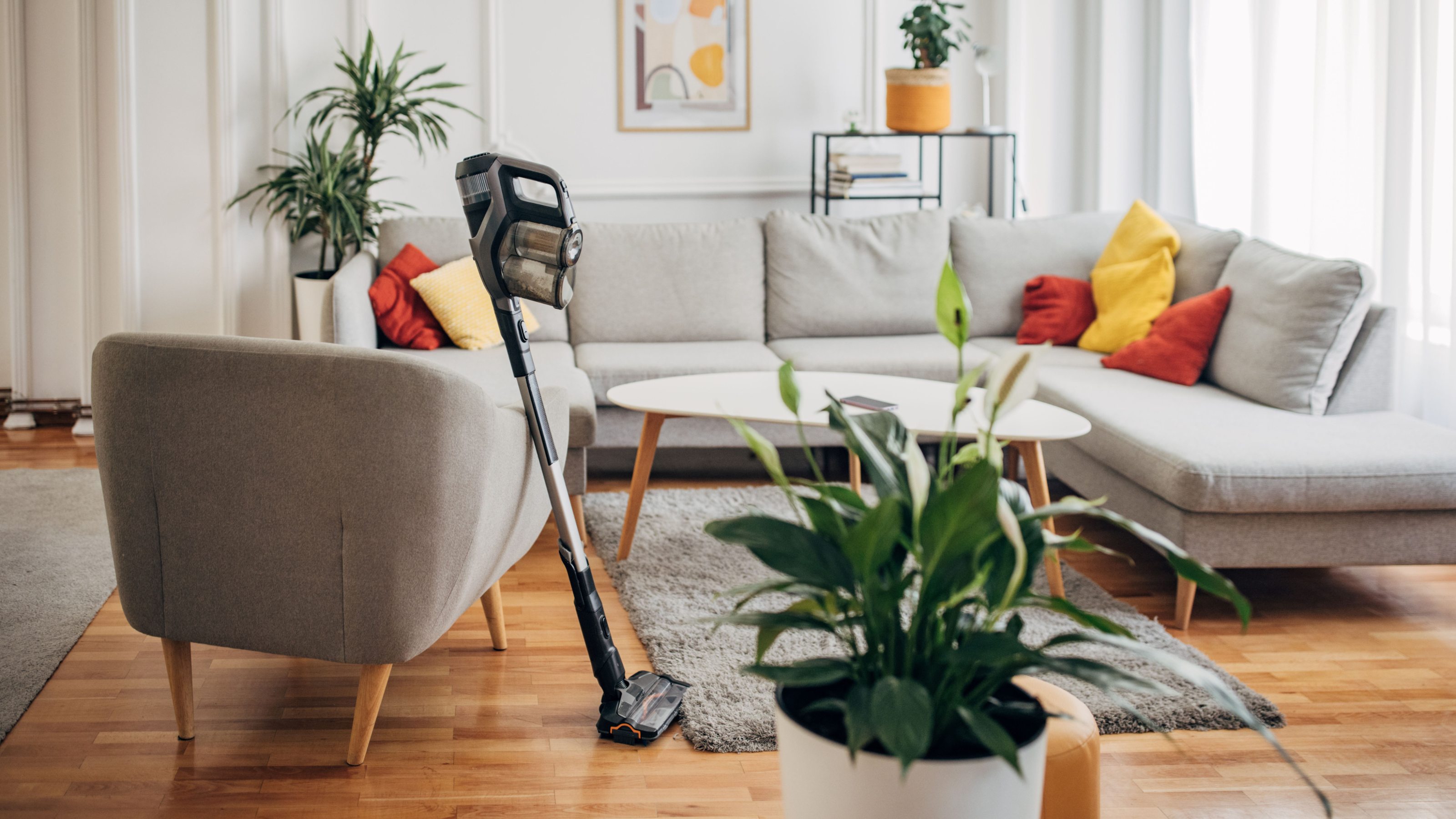
Sign up to our newsletter for style inspiration, real homes, project and garden advice and shopping know-how
You are now subscribed
Your newsletter sign-up was successful
This article has been updated to show the new cost to run based on the January Energy Price Cap. It has also been fact-checked and any out-of-date information removed.
When working out how to cut energy costs around the home, it can be easy to neglect considering how much it costs to run a vacuum cleaner. The best vacuum cleaners on the market promise to help you tackle mammoth cleaning tasks effortlessly, but as electrical appliances used weekly, and sometimes daily they come with a hidden cleaning cost.
With winter fast approaching and a sudden cold spell on our hands, many of us are likely looking into how to save energy at home more than ever. Despite the newly lowered energy price cap, electricity bills are still higher than before the energy crisis began. It still pays to be clued up on just how much every appliance in your home is costing you to run including your vacuum cleaner.
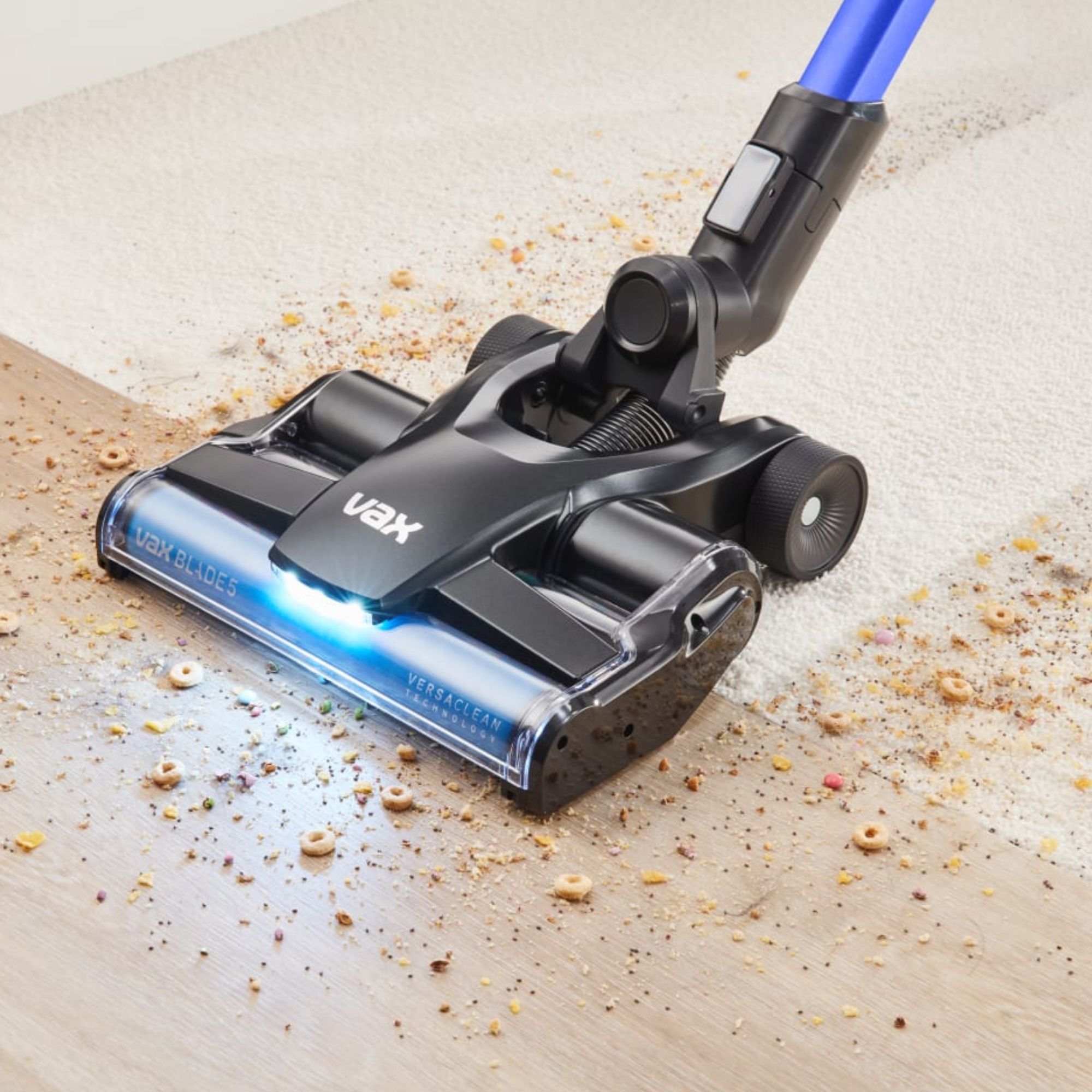
How much does it cost to run a vacuum cleaner?
To work out exactly how much a vacuum cleaner is costing you to run, you'll need to find out two things: how much you're paying for energy per pence/kWh of electricity and the wattage of your vacuum cleaner model.
In light of the recent adjustments to the energy price cap in January, the highest price you can expect to pay per pence/kWh of electricity is 29p.
Commenting further, James Longley, managing director at Utility Bidder says, 'With the revised cap in place, the annual expenditure for a standard dual-fuel household is expected to be £1,923, marking a decrease from the previous £2,074. These figures consider a consumption pattern of 12,000 kWh of gas and 2,900 kWh of electricity each year, priced at 29 pence per kWh.'
So, with this in mind, we used 29p to calculate how much a handful of vacuum cleaners could cost to run following the price cap decrease.
- An example 600W vacuum cleaner used on average for one hour every week will cost roughly 17p per week, 73p per month, and £8.86 per year.
- An example 1,200W vacuum cleaner used on average for one hour every week will cost roughly 35p per hour, £1.49 per month, and £18.15 per year.
- An example 1,400W vacuum cleaner used on average for one hour every week will cost roughly 41p per week, £1.74 per month, and £21.17 per year.
I based the calculations on a combined usage of one hour per week, given that you likely won't be vacuuming any more than this allotted time. However, if you suspect that you're using your vacuum for less or more than an hour a week, these figures will vary.
Sign up to our newsletter for style inspiration, real homes, project and garden advice and shopping know-how
If you're after specifics, you can take how much you pay for electricity per kWh (29p, in our case) and multiply your vacuum cleaner model's kWh to find out the cost of your vacuum cleaner. However, at just £20 a year for a powerful vacuum, I was pleasantly surprised by how little my vacuuming was adding to my bills compared to how much it costs to run a kettle or how much it costs to run a tumble dryer.
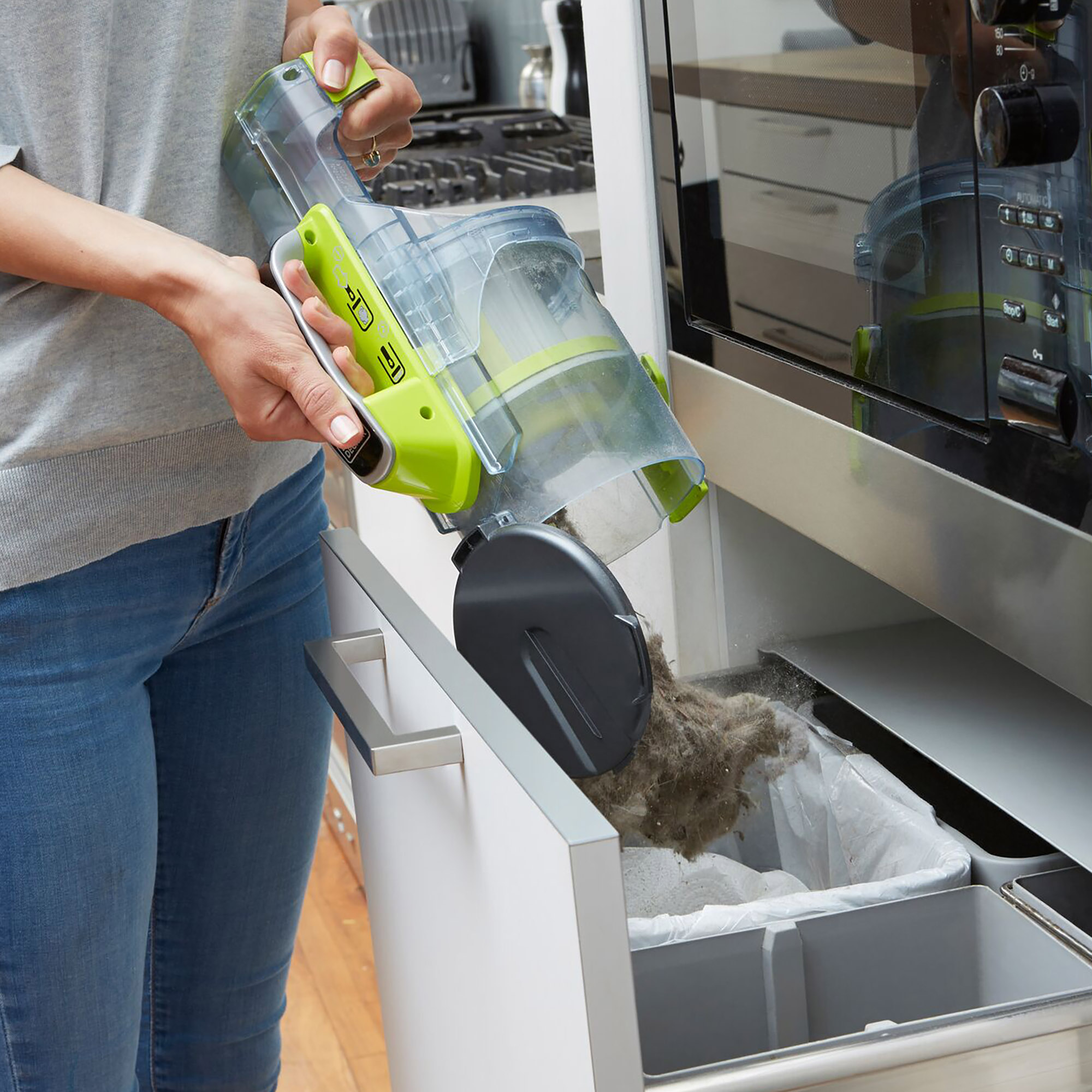
Are some vacuum cleaners cheaper to run than others?
'Vacuums typically draw power from regular electrical sockets. While their power consumption can range from 450 to 3,000 watts, most popular models hover around the 1,400-watt mark, translating to about 1.4 kWh,' explains James at Utility Bidder.
At Ideal Home, you already know that we love Dyson vacuum cleaners (especially if the matter of the best vacuums for pet hair is concerned), and luckily enough, the retailer offers models with power consumptions typically between 600 to 1,200 watts, which is less than an average vacuum cleaner's 1,400-watt mark.
James continues, 'For perspective, the Dyson Cinetic Big Ball Animal + Allergy upright model (available to buy at Dyson) can consume up to 1,200 watts. This means that while an average vacuum might cost about £0.406 for an hour's use, the Dyson model could run up to £0.348 per hour.'
'In general, Dyson has a reputation for crafting energy-efficient models, which might lead to lesser costs in the long run compared to some traditional vacuum cleaners.'
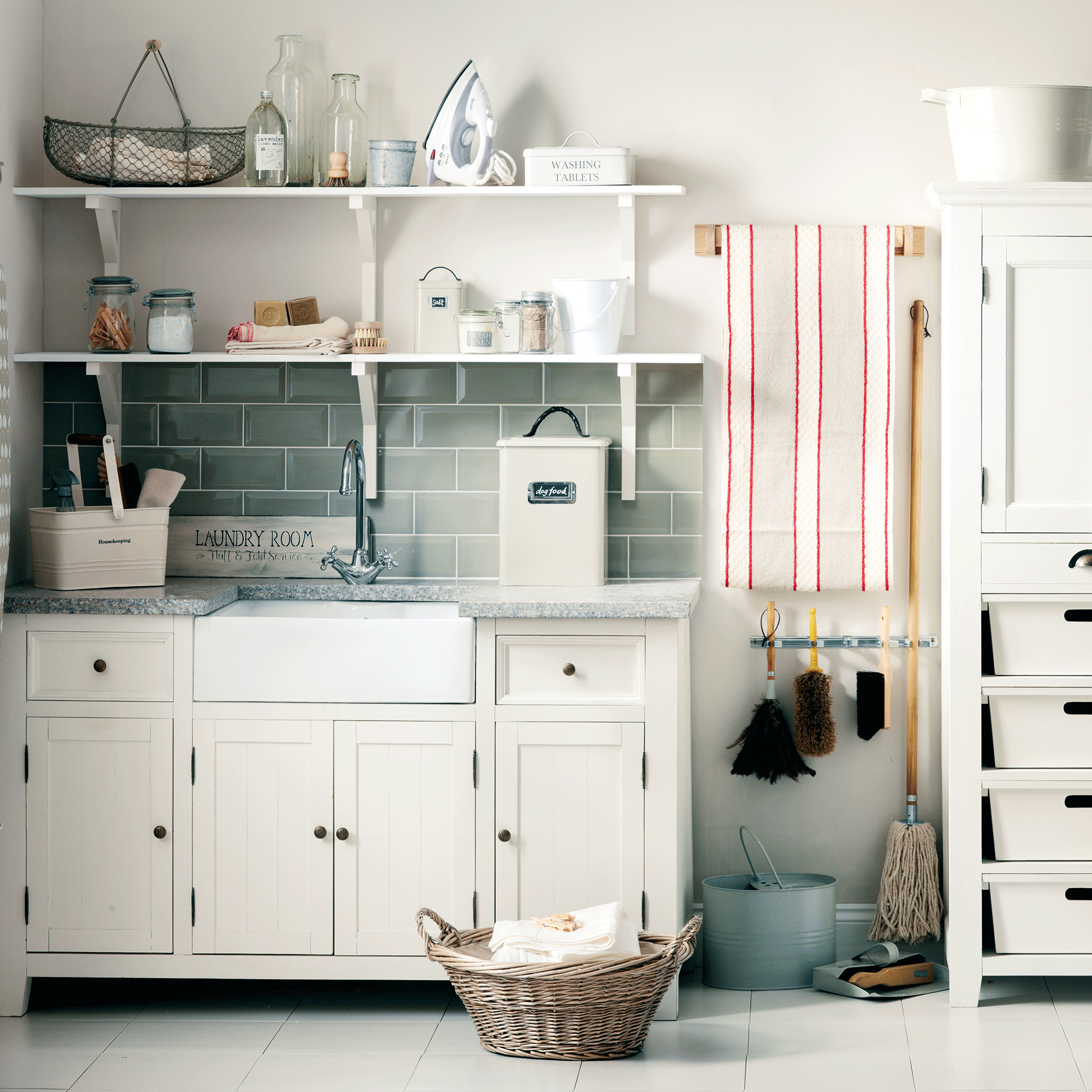
On the back of popular vacuum cleaner retailers, another notable mention is the iconic Henry vacuum cleaner, AKA the backbone of many British schools and households.
Utility Bidder's James continues, 'This model, designed with energy-saving in mind, typically runs on 600W, leading to a cost of around £0.174 for an hour's operation. For those requiring a boost in cleaning power, toggling to the HI setting will elevate the consumption to 1,200W and the cost to £0.348 per hour.'
And, if you're looking for something even smaller than just a typical handheld vacuum with efficiency in mind, the best robot vacuums easily deserve a spotlight. James explains that these models consume a 'mere 60-90 watts over three hours, resulting in an impressive cost of about 18p per three hours.'
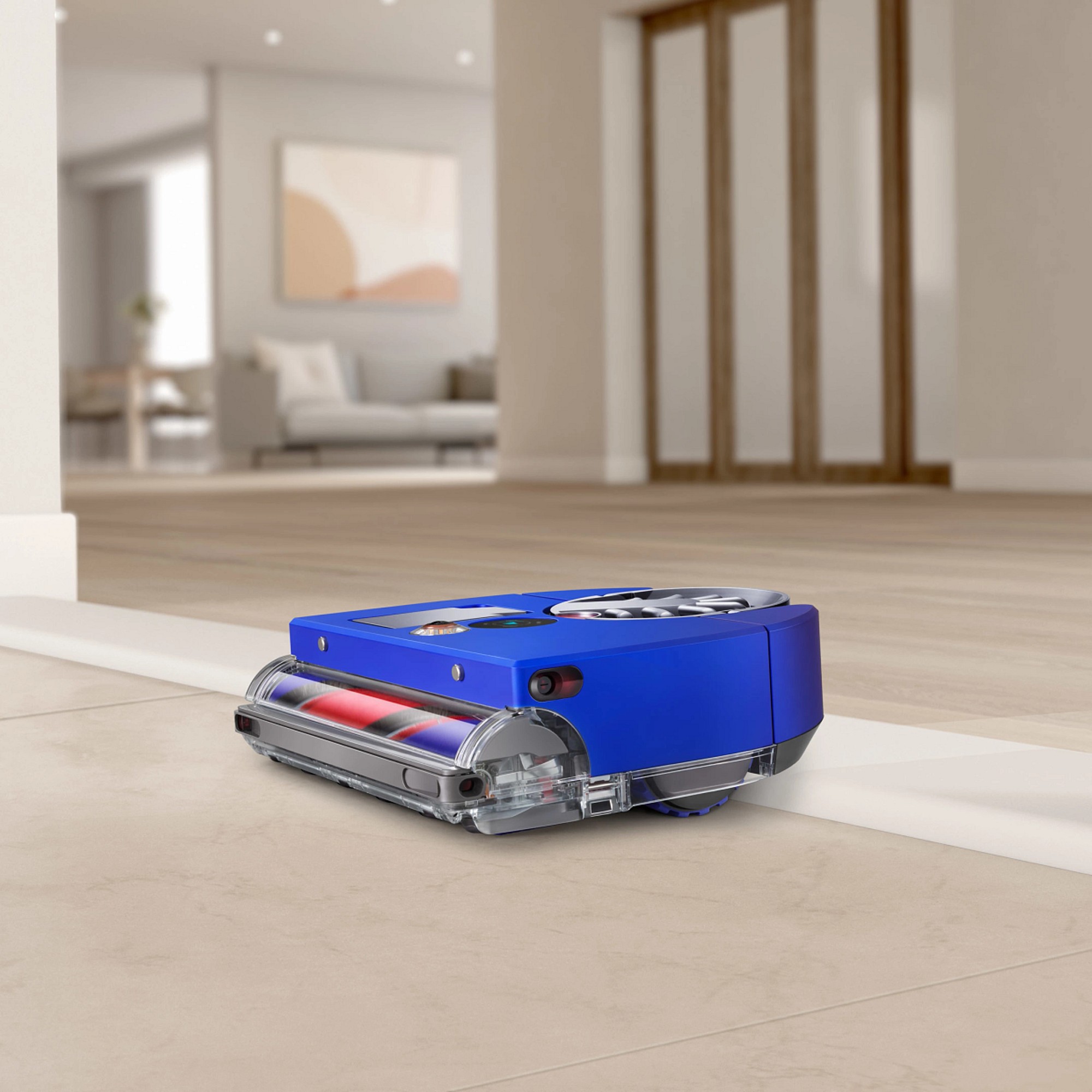
So if you've been wondering, 'Are robot vacuum cleaners worth it?', their energy efficiency is certainly something to consider.
'However, it's worth noting that variables such as the surface being cleaned or the vacuum's motor can also cause fluctuations in energy usage. For instance, vacuuming a hardwood floor is usually more energy-efficient than tackling a plush carpet,' he concludes.
FAQs
How much electricity does a vacuum use per hour?
Vacuum cleaners typically draw power from regular electric sockets, with their power consumption ranging anywhere between 350 to 3,000 watts. To find out your vacuum cleaner's kWh, divide its wattage by 1,000.
Most popular vacuum cleaner models hover around the 1,400-watt mark, translating to roughly 1.4 kWh.
Do vacuum cleaners use a lot of electricity?
In the grand scheme of things, vacuum cleaners don't use a lot of electricity when you consider how often you use this appliance in your household.
For example, an average 1,400W vacuum cleaner will only cost you roughly 41p per hour to run. Given you only use your vacuum for a combined hour every week, this will only set you back roughly £1.76 per month, and £21.38 per year.
James at Utility Bidder concludes, 'When it comes to everyday appliances like vacuum cleaners, the energy consumption remains relatively low.'
'So, as you warm up your homes and maintain their cleanliness, there's no need for concern; using your vacuum won’t make a significant dent in your energy bill.'

Jullia was Ideal Home’s Junior Writer from 2022-2024 and the Ideal Home Certified Expert in Training on Vacuums having spent over 60 hours testing different models. She’s always loved all things homes and interiors, graduating with a bachelor’s degree in Architectural Studies from the University of Nottingham where her love for writing blossomed following her internship at ArchDaily. Now focused on home tech and cleaning, Jullia works on writing features and explainers to help people make the most of their home appliance investments, putting the newest launches through their paces. When she isn’t writing, she loves exploring the city, coffee shop hopping, and losing hours to a cosy game or book.